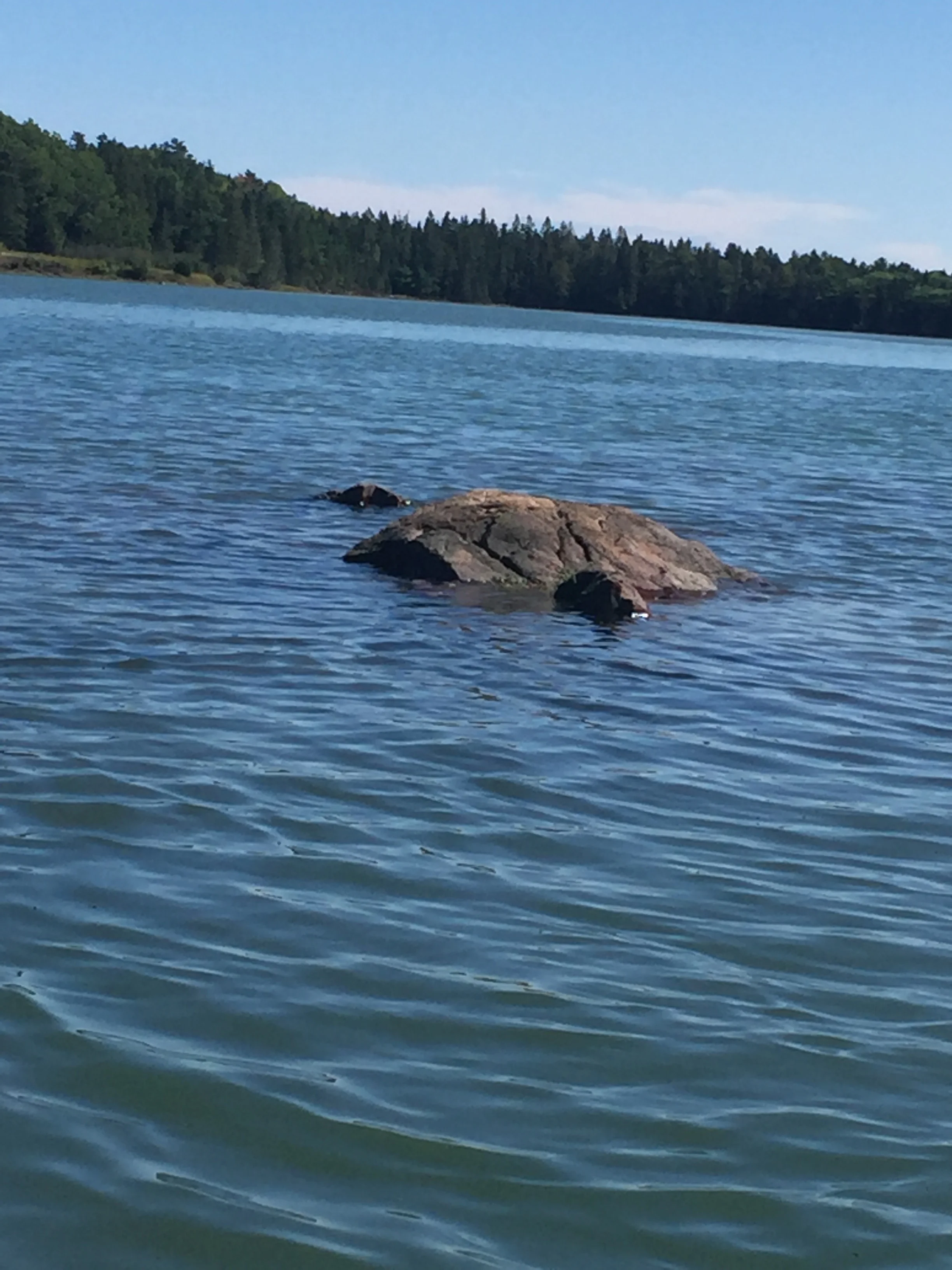“I’m over sixty years old and I’m just now beginning to understand and accept that my Creator created me to be a proud Passamaquoddy man until he calls me, I need to live and play a positive role for our children. I don’t need to drum on a tom-tom or carry an eagle feather or wear turquoise or dress up as an Indian in a ribbon shirt or smudge myself in a ceremony or pray ceremonially in public to prove my spirituality. I just need to stand tall as a ‘Native-Speaking Passamaquoddy Warrior’ and show our children that I don’t smoke or use alcohol or drugs, that I will always respect and care for them, that I will always fight for those who are hungry and those who are in need of emotional and spiritual support, that I will never take anything that belongs to them, and that I will always protect our Mother Earth. These are the values that my ancestors and my heroes taught me, and I’m absolutely certain that these are the values they would want me to pass on to the next generation”
--Chief Alan Sockabasin (Passamaquoddy) from An Upriver Passamaquoddy
In his foundational book, Navajo Courts and Navajo Common Law, Justice Raymond Austin (Diné) unpacks the re-building of Diné governmental structures by using Diné common law frameworks. Common law is a legal framework that derives from custom or tradition and practice rather than statute.
He describes the role that common law plays in re-establishing natural balance and how this balance is maintained through Diné leadership practices, naat’ áanii, or skill at “persuasion through speech, gestures and k’é (reinforcing relationships using positive values.)”
Walter Echo Hawk also reminds us that we all share a set of common wisdom teachings that guide us as we heal and make amends to each other. These practices of deep acknowledgement, heartfelt apology, forgiveness, making amends and reinforcing relationships underpin the re-building of our communities.
Common law—careful study and actively using positive values to inform our practice—is a healing practice.

